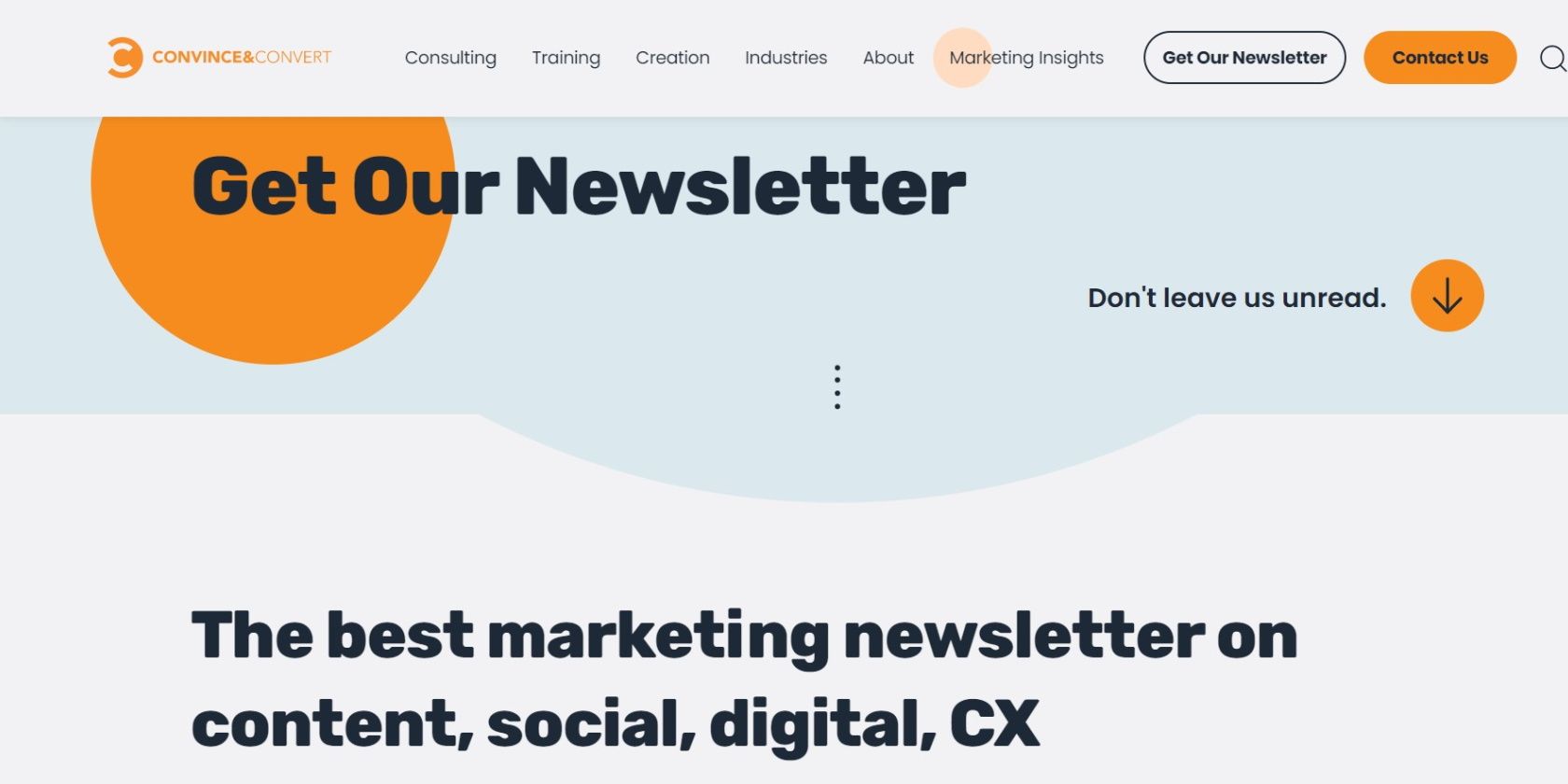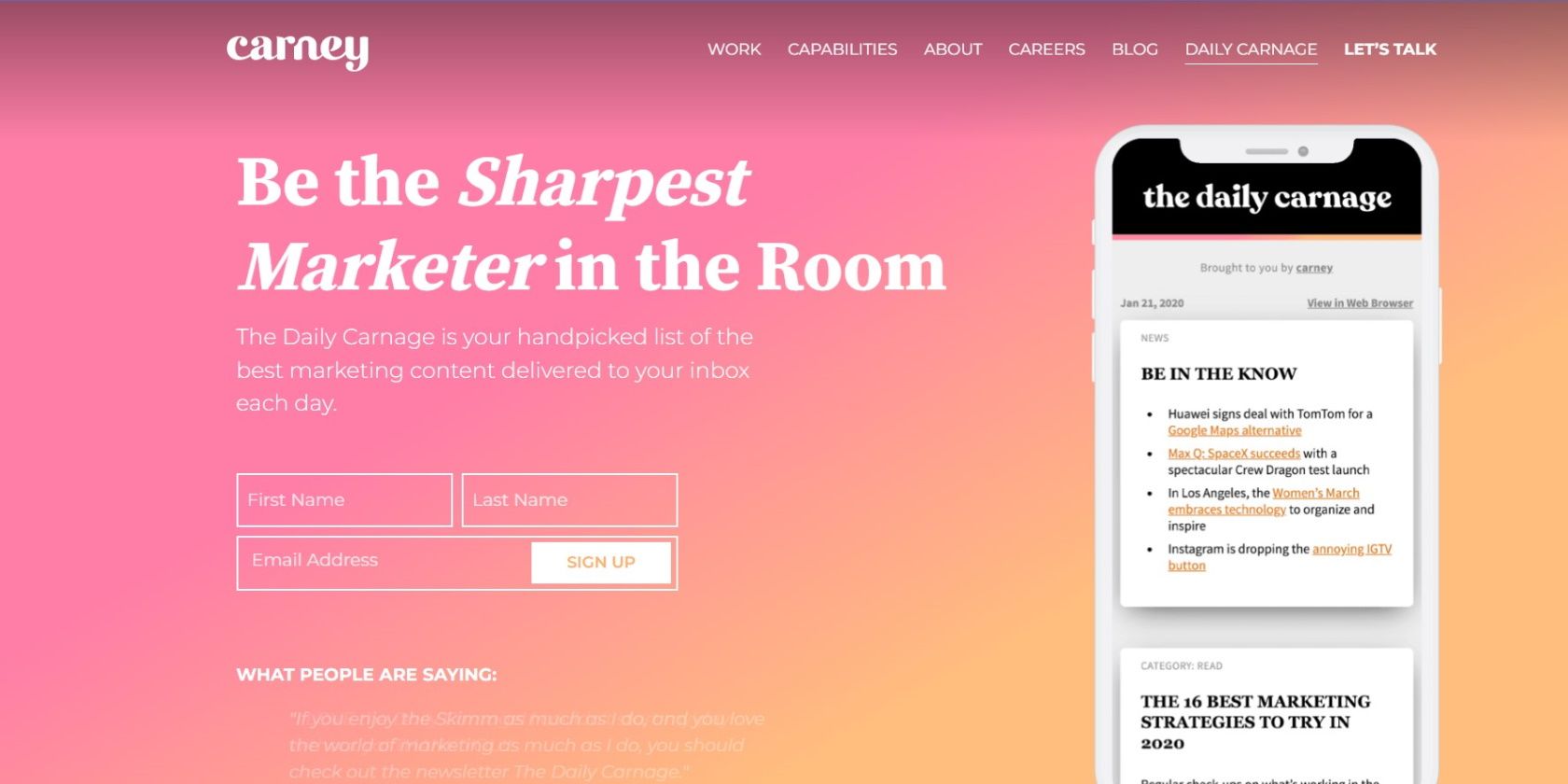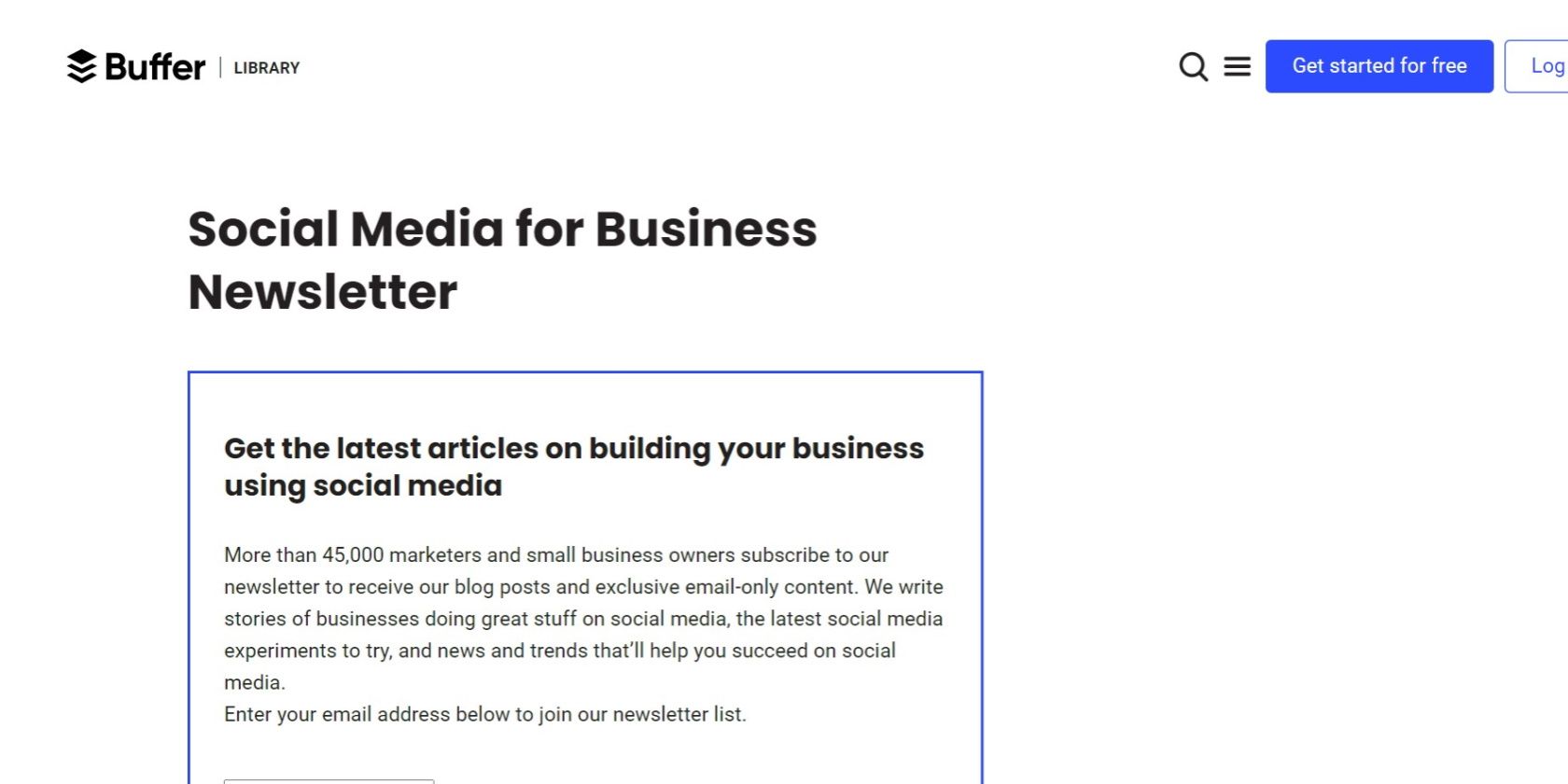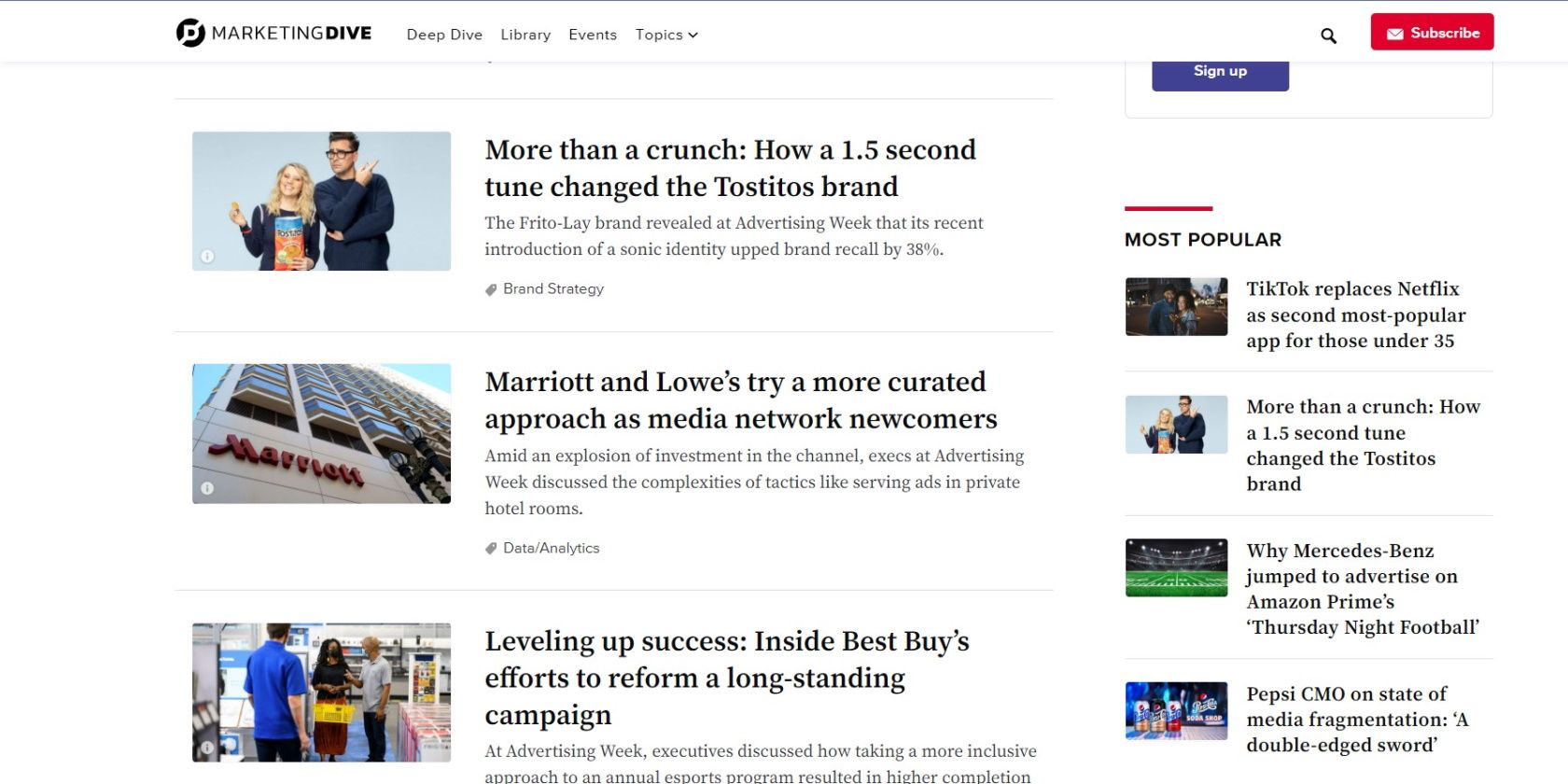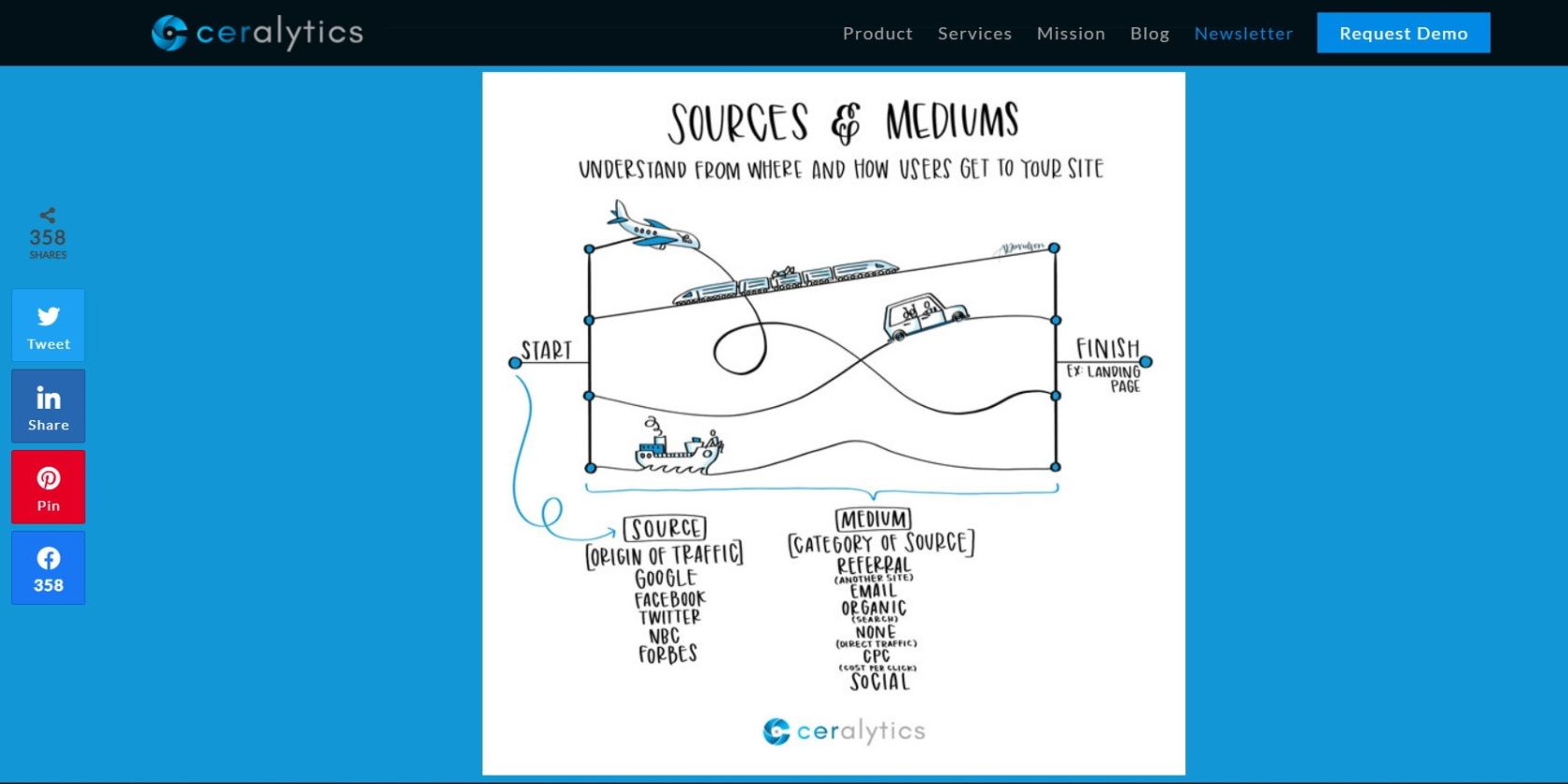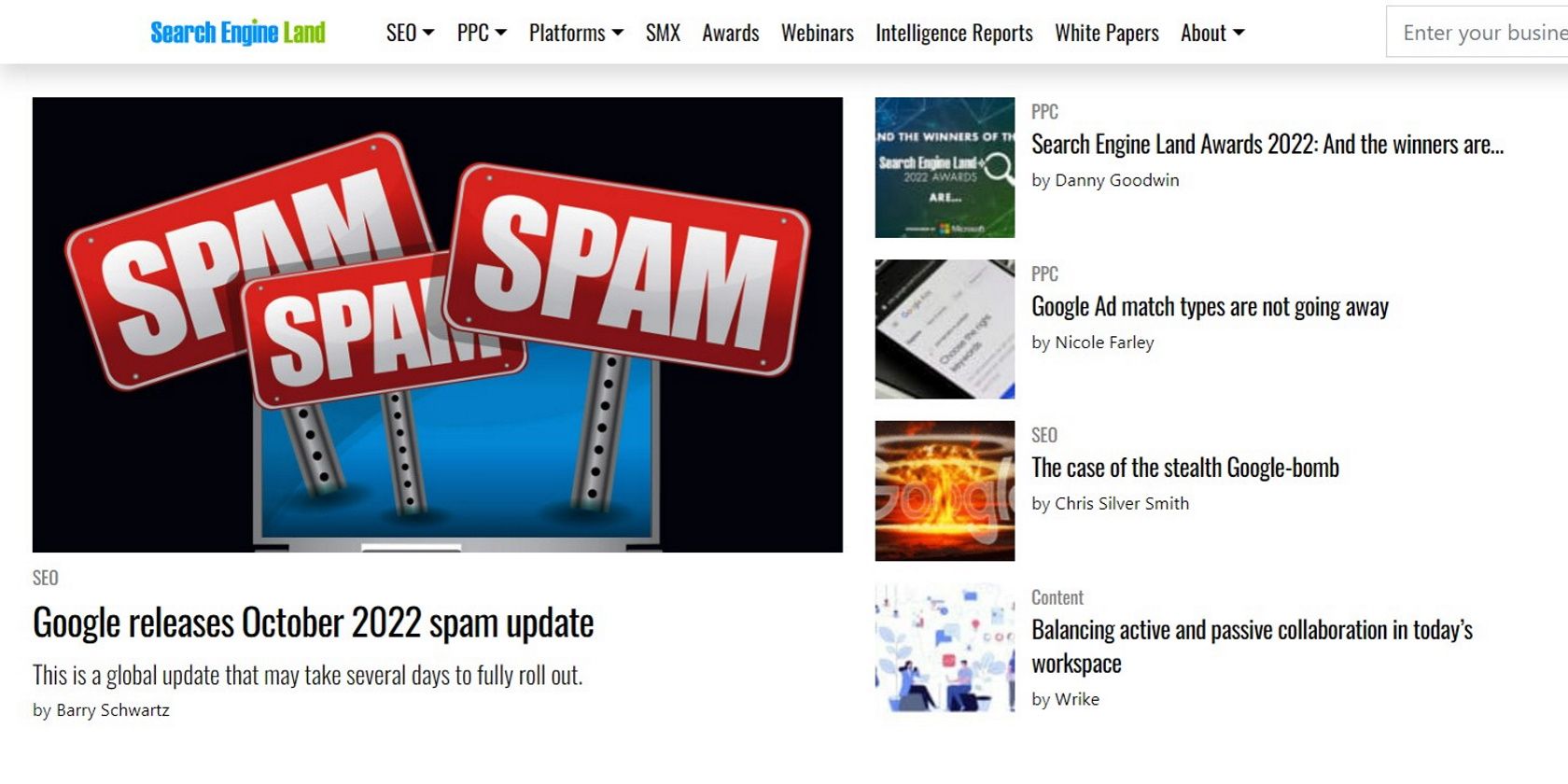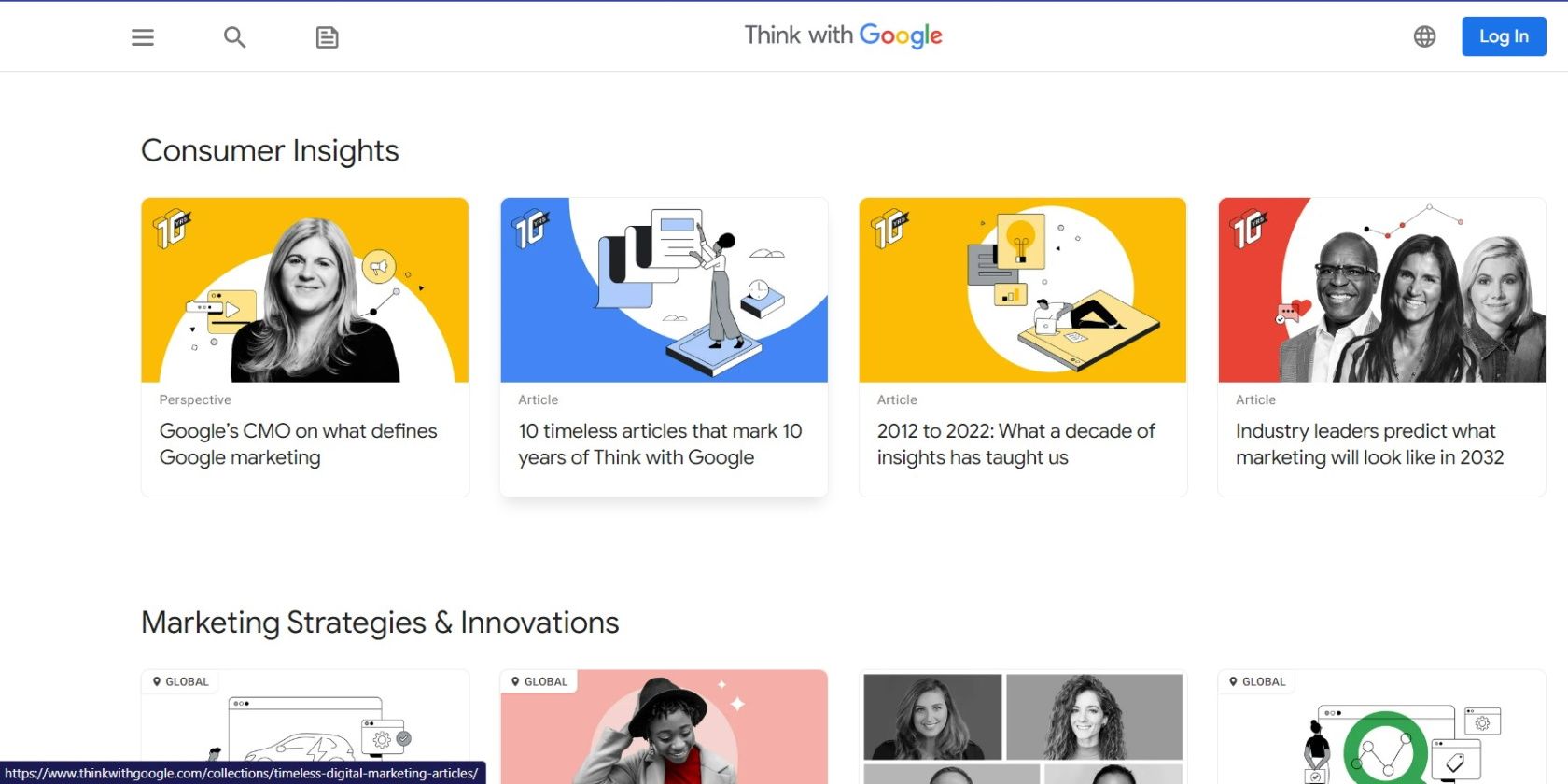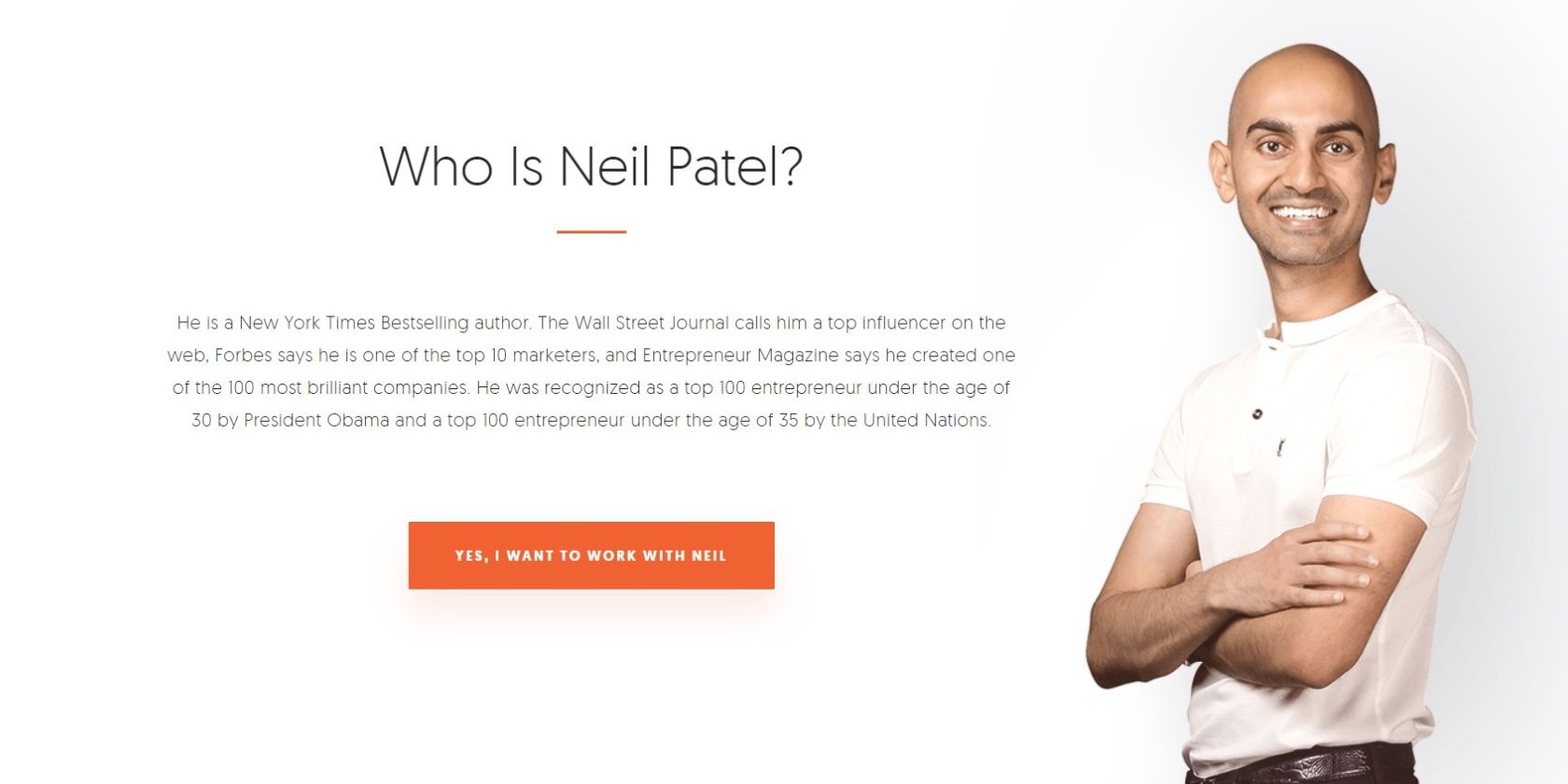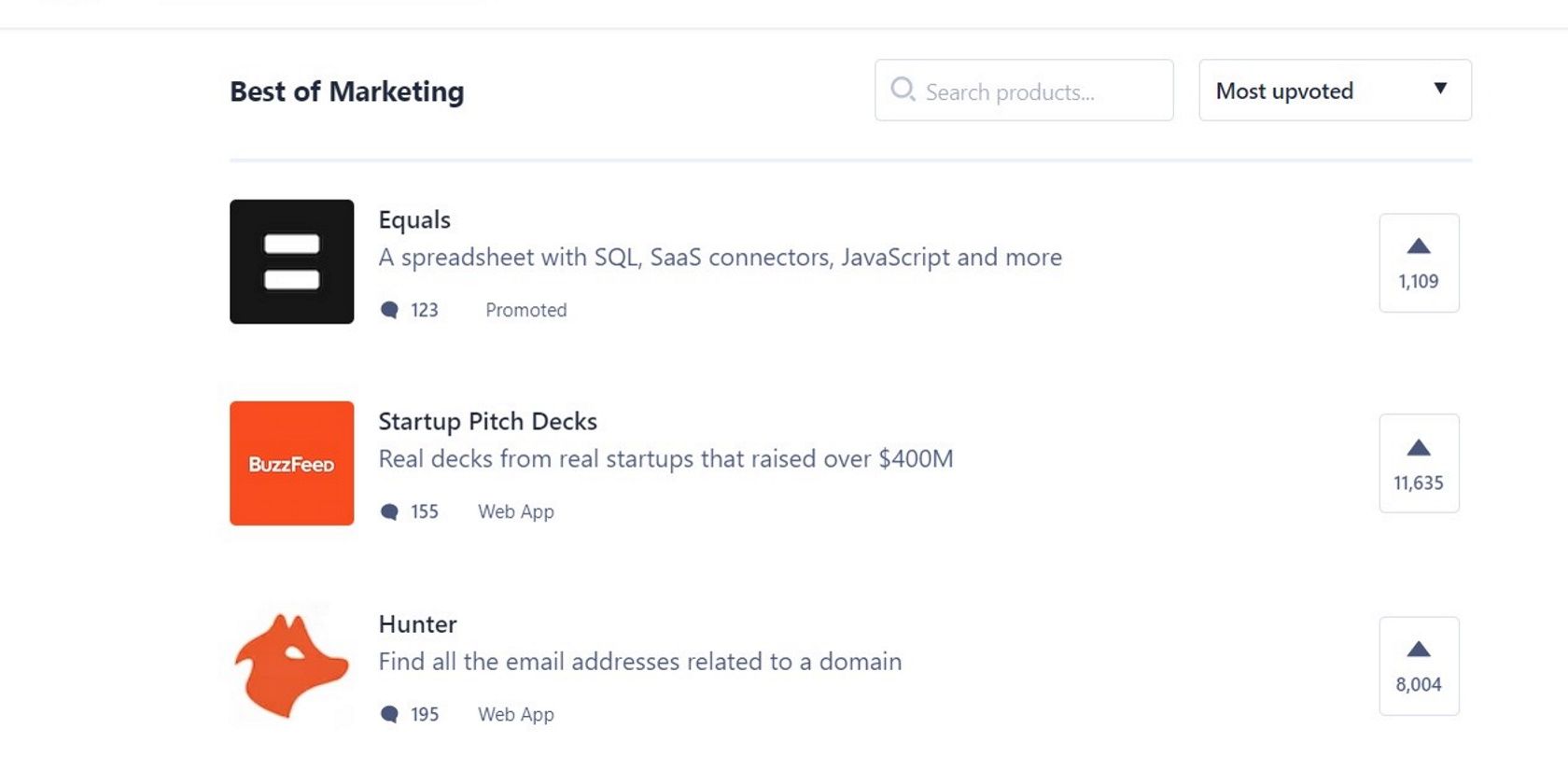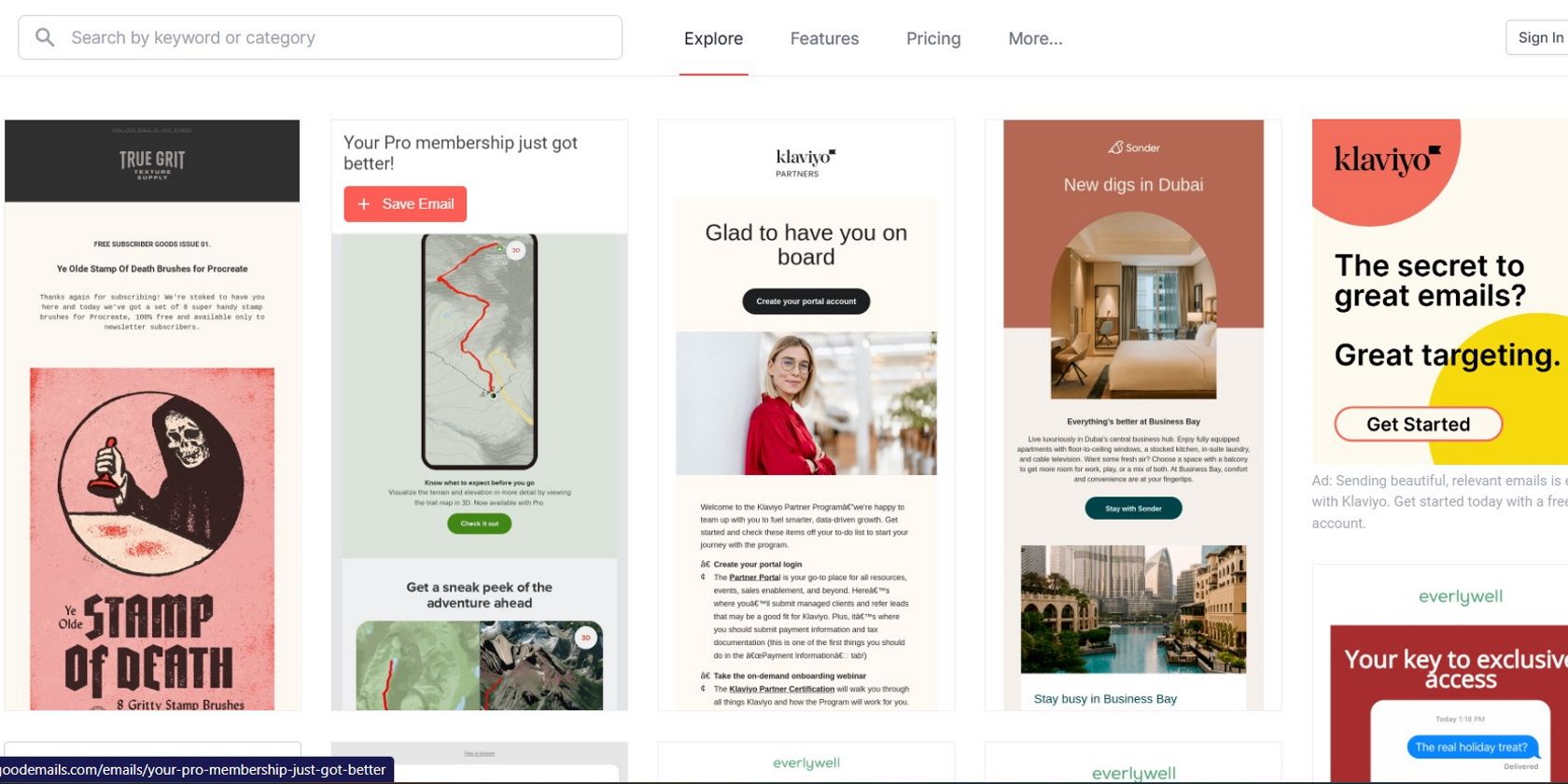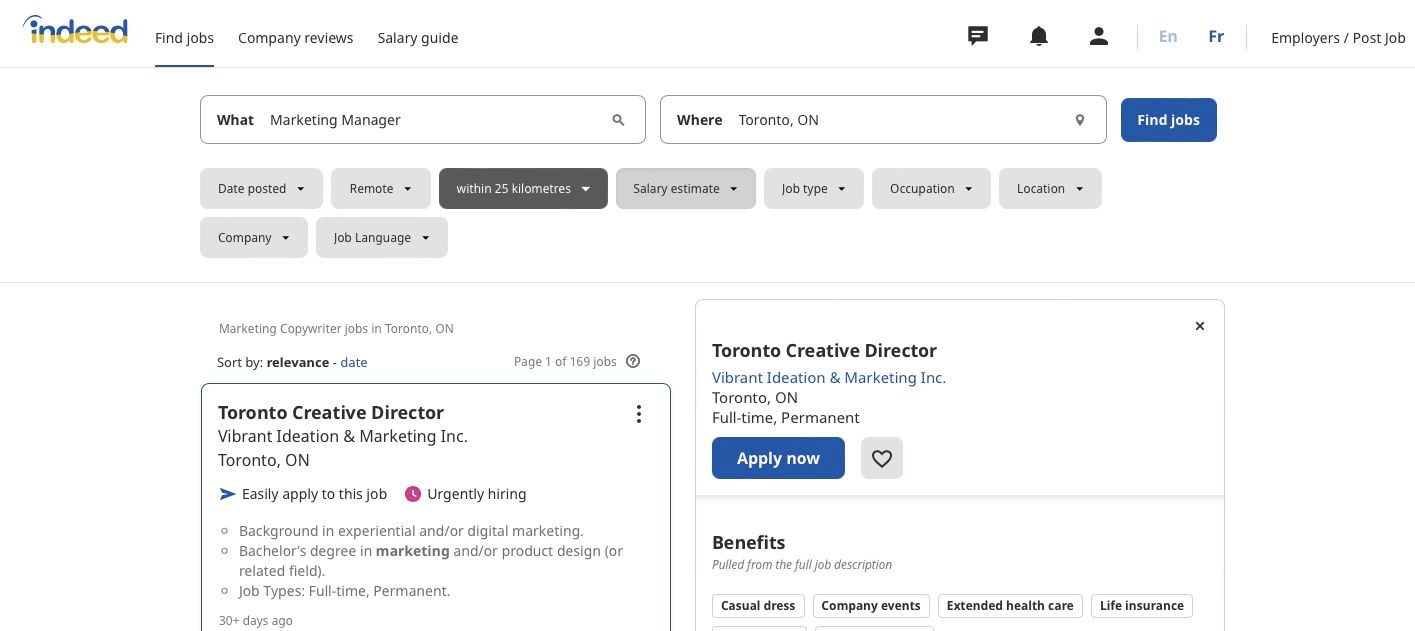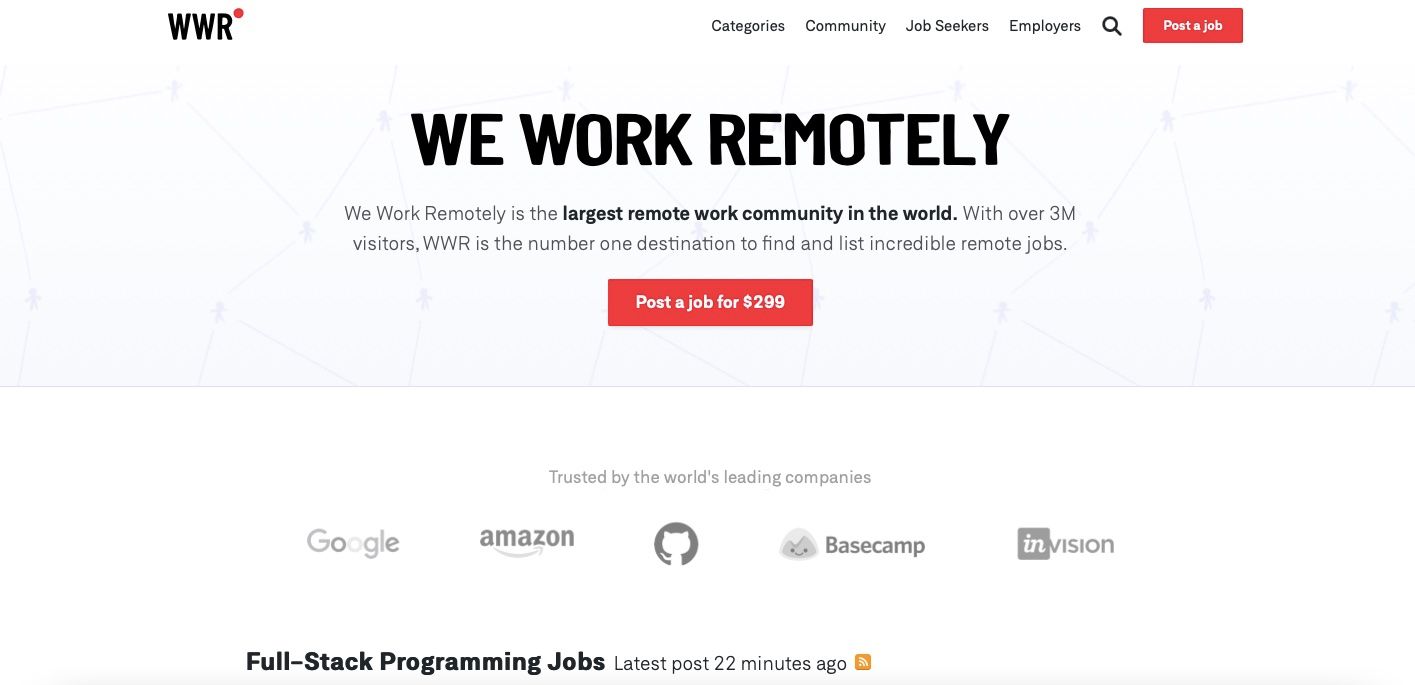If you’re looking to stay on top of the latest trends in digital marketing, these newsletters will help you do that. Here are some of the best ones.
As a digital marketer, you face the dilemma of needing to stay on top of the latest industry trends and innovations, but also not having the time to dive into rabbit holes researching every trend.
Marketing newsletters are a handy solution to this problem. They bring marketing information straight to your inbox in an easily digestible format, saving you time and energy. However, since several such newsletters are in circulation, how do you know which one to choose? To help you pick, we’ve rounded up 10 of the best digital marketing newsletters you should subscribe to immediately.
1. Convince and Convert ON
Convince and Convert describes its newsletter as “marketing’s most relevant email.” Its 90,000-plus subscribers are proof enough to back up this claim. New issues are released every two weeks, each containing trends and insights hand-selected by the Convince & Convert team to help you stay on top of the marketing industry.
The newsletter primarily focuses on content marketing, social media, email, amplification, word-of-mouth marketing, customer service/experience, and analytics. It also contains advice from a Convince and Convert expert on what trends to watch, as well as fun surprises in each issue.
2. The Daily Carnage
Don’t be thrown off by its questionable name. The Daily Carnage is one of the industry’s most relevant and beloved marketing newsletters. It is the brainchild of the folks at Carney—a digital marketing, design, and development agency. Subscribing will ensure that you are always the sharpest marketer in the room.
Every day, you’ll receive a hand-picked list of content useful for all the best digital marketing careers that will help you learn about your field in a fun and relevant way. You can also rely on the Daily Carnage for motivation, affirmation, and inspiration to start your day strong.
3. Buffer–Social Media for Business Newsletter
Buffer is a popular social media management app that helps marketers build their brands and grow their businesses on social media. They also have a newsletter with more than 45,000 subscribers, which is still growing.
Through this newsletter, the Buffer team shares blog posts, tips, trends, experiments, and news that will help you succeed in social media marketing. You can also get inspiration for your next idea from stories of businesses that are leveraging social media to grow their presence.
4. Marketing Dive
Marketing Dive covers various topics, including marketing technology, advertising, social media, video marketing, and analytics. It also takes things a step further by providing in-depth journalistic insight into the day’s marketing headlines, news, and trends.
By devoting just 10 minutes in the morning and evening to Marketing Dive, you can stay on top of all the developments in the marketing industry. There are three subscription options for marketing dive: Daily Dive, which publishes daily; Mobile Weekly, which publishes every Thursday; and Agencies Weekly, which releases on Mondays.
5. Sketchalytics
If you’re more of a visual rather than verbal learner, then Sketchalytics is the perfect marketing newsletter for you. Instead of reading lengthy articles, you’ll receive a marketing micro-lesson in the form of a sketch each week. By pairing the sketch with the brief explanation accompanying it, you can learn and be entertained simultaneously.
There is no sales pitch, fluff, or unnecessary content. Each issue is just pure marketing lessons on new topics presented in a fun and easy-to-understand format.
6. Search Engine Land Daily Brief
In the ever-changing landscape of search marketing, there’s no better newsletter than Search Engine Land’s Daily Brief. The newsletter is published every weekday and gives you daily recaps of the latest news, analysis, and insights on search marketing topics.
Its conversational format and up-to-date content have already captured the interest of thousands of marketers, and many testify that it has helped them grow as digital marketers and gain confidence in their skills.
7. Think With Google
Digital innovation is changing how we do marketing, transforming it into a data-based industry. Think With Google helps you adapt by putting Google research and data behind your thinking.
This fortnightly newsletter is your free resource for consumer insights, marketing strategies, and useful tools. You’ll find within it data and trends, forward-looking perspectives, and behind-the-scenes looks at successful marketing campaigns to guide your own marketing efforts.
8. Neil Patel
Neil Patel is one of the most recognizable names in digital marketing. He’s founded multimillion-dollar companies such as CrazyEgg and Kissmetrics, runs his own agency (NP Digital), and has been featured in top magazines like Forbes, Inc., and Entrepreneur.
In his many years exploring digital marketing, he’s developed unique insights and proven marketing tactics unknown to your competition. He shares this as well as tips for becoming a successful content writer, creating better-paid campaigns, SEO, and social media, in his newsletter.
9. Product Hunt Daily Digest
Sometimes, marketing success boils down to finding the right tool, and Product Hunt can help with that. It is a curation of the best new products across several industries, including email, social media, and influencer marketing. You can use it to find the best chrome extensions for digital marketing or unreleased apps with promising new features.
Additionally, by following your favourite topics and subscribing to its newsletter, you can receive mail alerts on all the newest and best digital marketing product arrivals before anyone else.
10. Really Good Emails
Email marketing is still one of the most potent advertising channels, and Really Good Emails ensures you do it right. It is a showcase of over 10,000 hand-picked email designs and resources to help you understand the ins and outs of product email and customer email cycles.
You can browse its categories, designs, and resources when you need tips for making beautiful email newsletters. When you subscribe to its newsletter, you can get all of this inspiration straight to your inbox every week.
Which Marketing Newsletter Is Best for You?
There is no one-size-fits-all marketing newsletter. Each one has a unique selling point and caters to a specific need. Instead, try out several newsletters and stick with the ones that are most useful to you. You’ll discover, as you cycle through these newsletters, that you are always in the loop on industry happenings without needing to sacrifice too much of your time.
Who knows, eventually, you may become a marketing expert and start publishing your newsletters. If that’s the case, look for tips to ensure your newsletter succeeds and makes the list of must-read newsletters.
By Joshua Adegoke
Joshua Adegoke is a talented writer with a year of professional writing, editing, and optimizing internet content experience. As a tech enthusiast, Joshua is passionate about the dynamism technology is bringing to the future of work.


